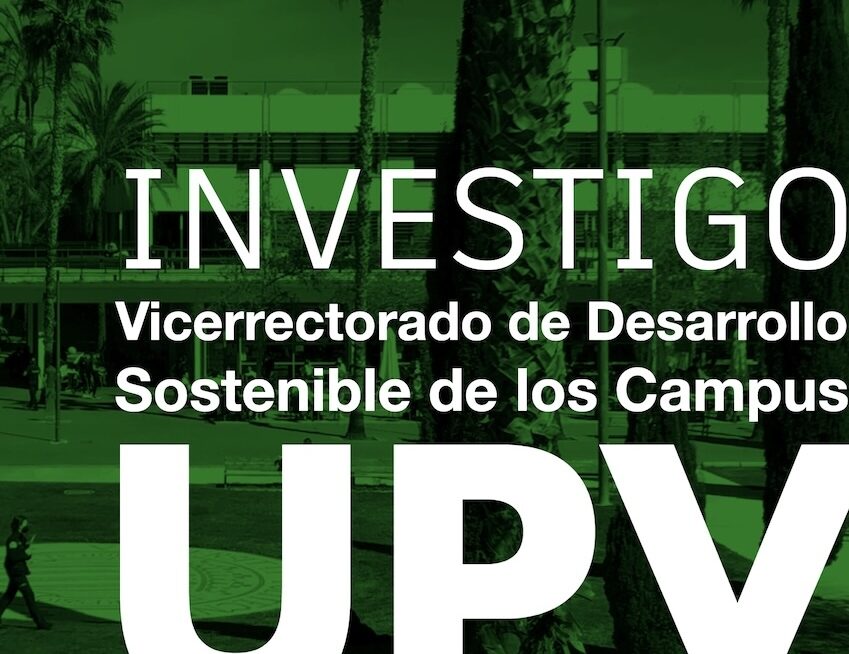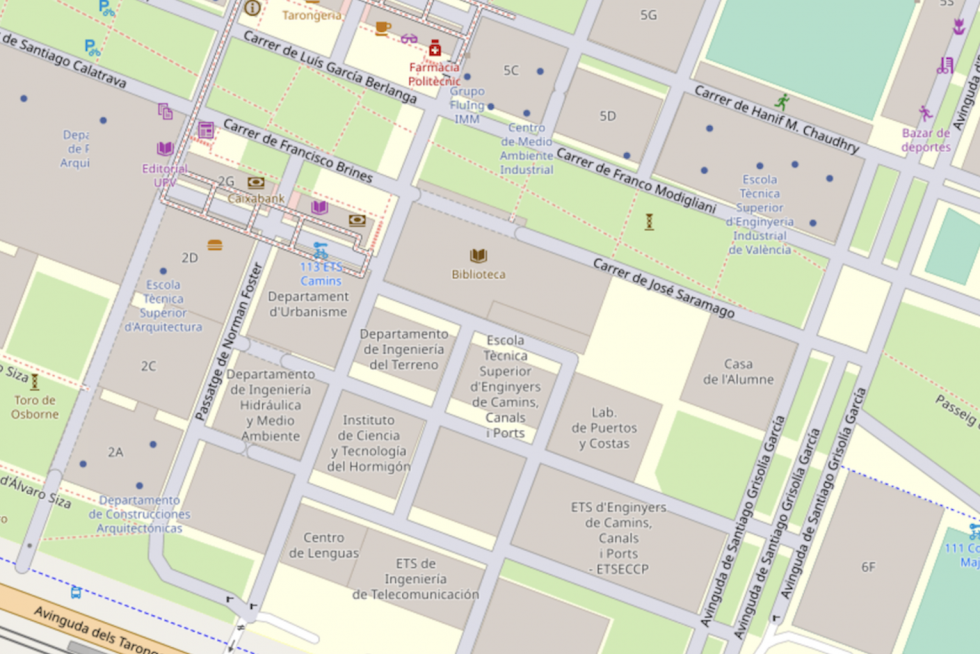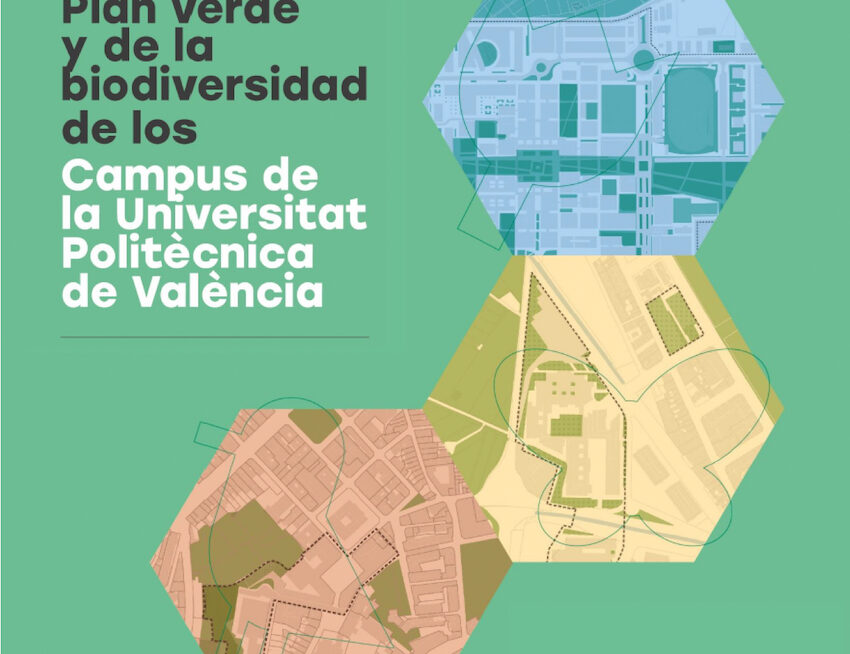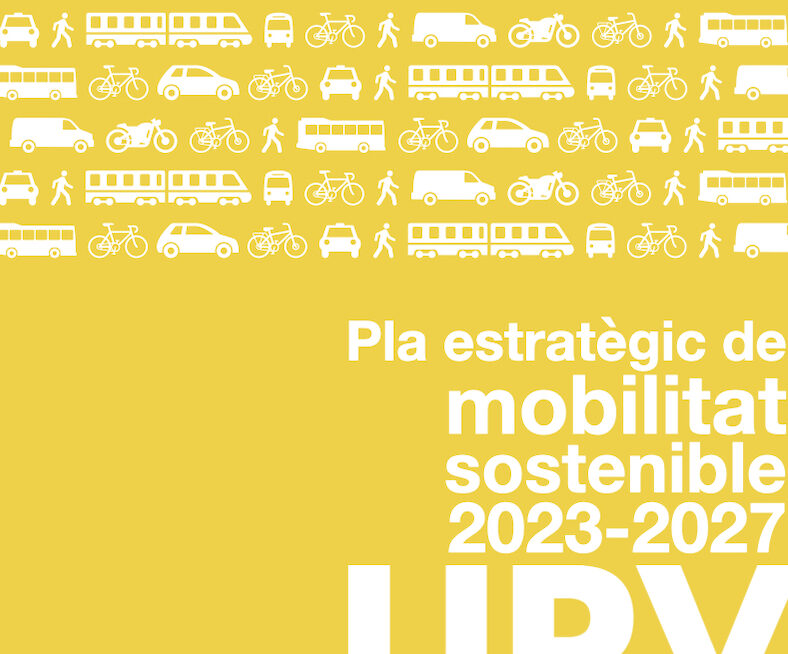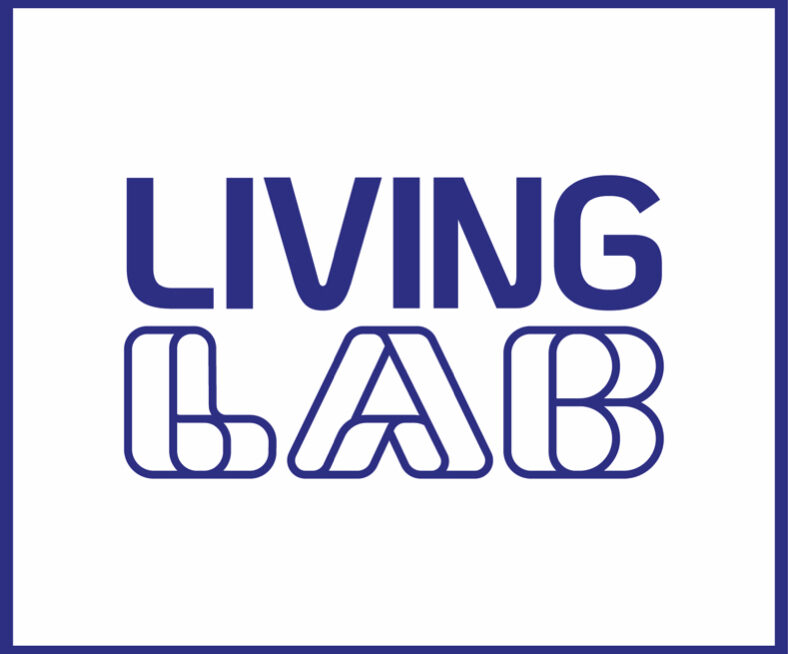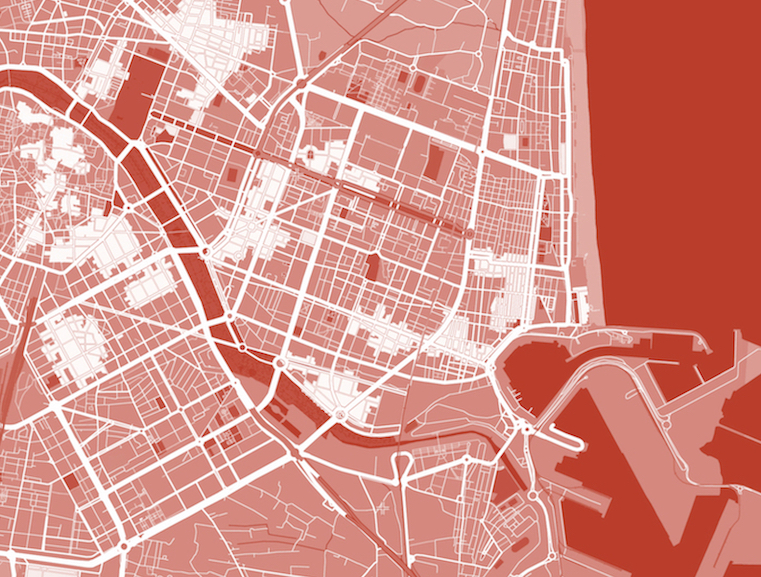Vice-Rectorate for Sustainable Development of Campus
The vice-rectorate for sustainable development of the campus is responsible for the planning and execution of the infrastructures of the Universitat Politècnica de València. Likewise, it is in charge of the maintenance, improvement, and adaptation to savings and sustainability policies of its equipment, buildings, and facilities. The vice-rectorate is also responsible for coordinating and executing the institution’s environmental policies.
Among the functions of this vice-rectorate are those of planning and implementing the ecological transition project for the campuses of the Universitat Politècnica de València. The aim is to achieve neutrality in carbon emissions in the medium term, spread the culture of environmental awareness, and adapt the university space’s actions to criteria of environmental sustainability.
Areas
Infrastructure and Space Management Area
The Infrastructures and Spaces Management Area develops the actions, programs and initiatives of the Office of the Vice-Rectorate for Sustainable Development of Campuses related to the built environment. The area’s director provides professional guidance and leadership in the management of …
Green Transition Area
The Green Transition Area develops the actions, programs and initiatives of the Vice President for Campus Sustainable Development related to environmental sustainability and greening of the institution. The director of the area provides professional guidance and leadership in the development …
News & Events
- Green Gown Awards 2024 FinalistsThe Universitat Politècnica de València has been selected as a finalist in the Green Gown Awards 2024 in the “Sustainability Institution of the Year” category. These awards highlight exceptional sustainability initiatives implemented by universities and colleges worldwide. This particular category …
- New viewers for space management at the UPVThe Infrastructure and Space Management Area is working on continuously improving occupancy visualization on Universitat Politècnica de València spaces. In the update of May 2024 of the UPV space management project, counting with the support of the researchers’ work ascribed …
- A UPV bioblitz is selected as a ‘Seed Funded Initiative’ by the Western Sydney University within its project ‘Nature Positive Cities’The Universitat Politècnica de València (UPV) is pleased to receive the ‘Seed Funding Initiatives’ grant from the ‘2024 Alliance Sustainability and Social Responsibility: Nature Positive Cities’. This Western Sydney University (WSU) project aims to foster collaboration between Alliance member institutions …
- Tender for the landscaping of the plaza between buildings 4I, 4Q, 4N and 4F of the Vera campus.On May 27, 2024, the following was published on the Public Sector Procurement Platform file MY24/VDSC/O/34 for the contracting of the landscaping of the square located between buildings 4I, 4Q, 4N and 4F of the Vera campus of the Universitat …
- XXXIV CRUE-Sustainability ConferenceThe Vice-rectorate for Campus Sustainable Development attended the CRUE-Sustainability sectorial commission held on May 22, 23, and 24 at the University of Murcia, whose thematic area focused on the following issues: partnerships for sustainable development as a challenge for universities. …
Featured Programs & Initiatives
Philosophy of Work
Mission
To promote the development of campus infrastructures, optimise available resources, preserve the environment, and guarantee the minimum ecological impact.
Vision
In 2030, the UPV must achieve neutrality in carbon emissions. For this purpose, the institution must demonstrate a continuous and progressive process that validates commitment and confidence in the challenge.
Values
- Responsibility
- Efficiency
- Communication
- Objectivity
- Transparency
Get to know the UPV campuses
Vera campus
The Vera campus is located north of the city of Valencia in a quiet environment that borders the orchards. More than 60 buildings spread out neatly around the Agora, the heart of university life. The green areas are over 108,000 m2 and house an open-air sculpture museum.
Gandia campus
The Gandia campus is located in Grao de Gandia. The centre has well-equipped laboratories for all specialities, a building with conference rooms and the main lecture hall, sports facilities, and a Learning and Research Resource Center (CRAI).
Alcoi campus
The Alcoi campus comprises several emblematic buildings dating from the era of industrialization. On the one hand, the Paseo del Viaducto building is located in the city’s centre, and less than a kilometre away. There are the old Ferrándiz and Carbonell factories, two large textile companies that today are the school’s headquarters. The campus also has a sports and research building, outdoor sports courts and green areas.





